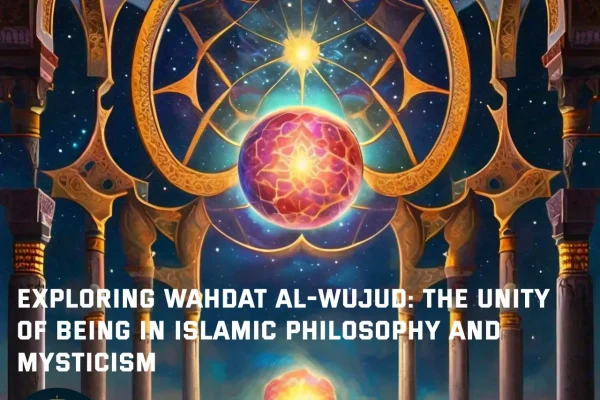
Surah Yusuf (Joseph): A Journey of Faith, Patience, and Forgiveness in the Quran
Surah Yusuf tells the remarkable story of Prophet Yusuf’s trials, patience, and rise to power. It highlights the importance of faith in Allah, moral integrity, and the ultimate victory of forgiveness and righteousness over envy and hardship.
















